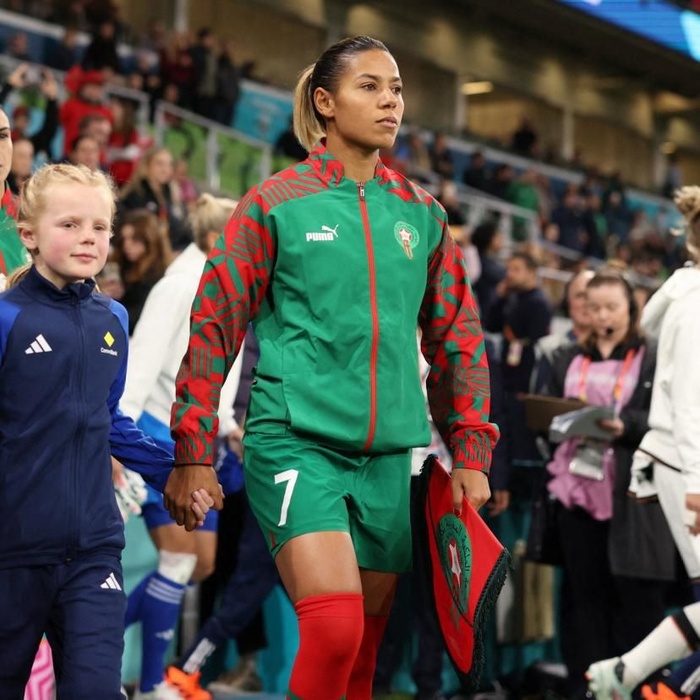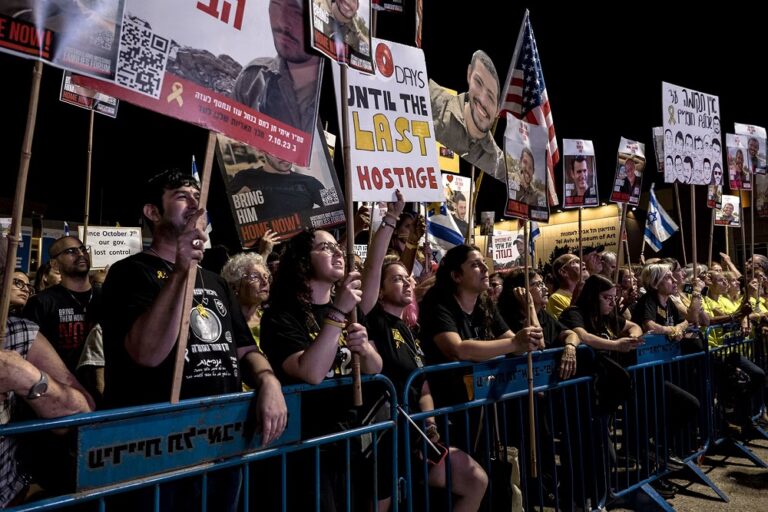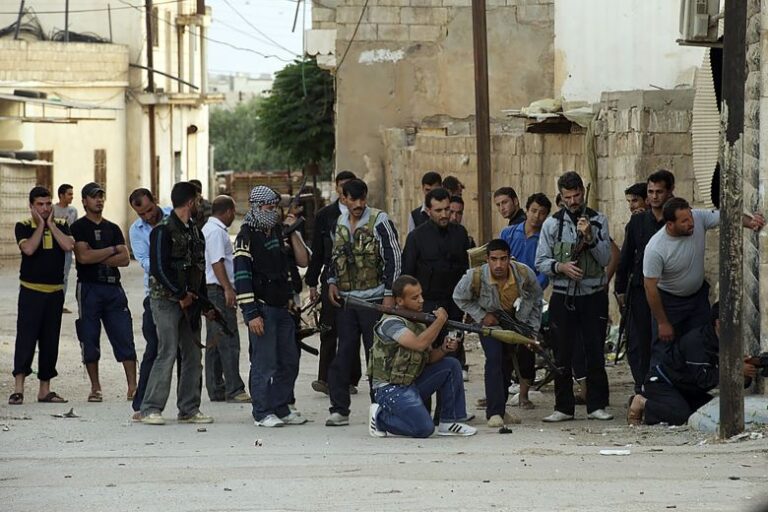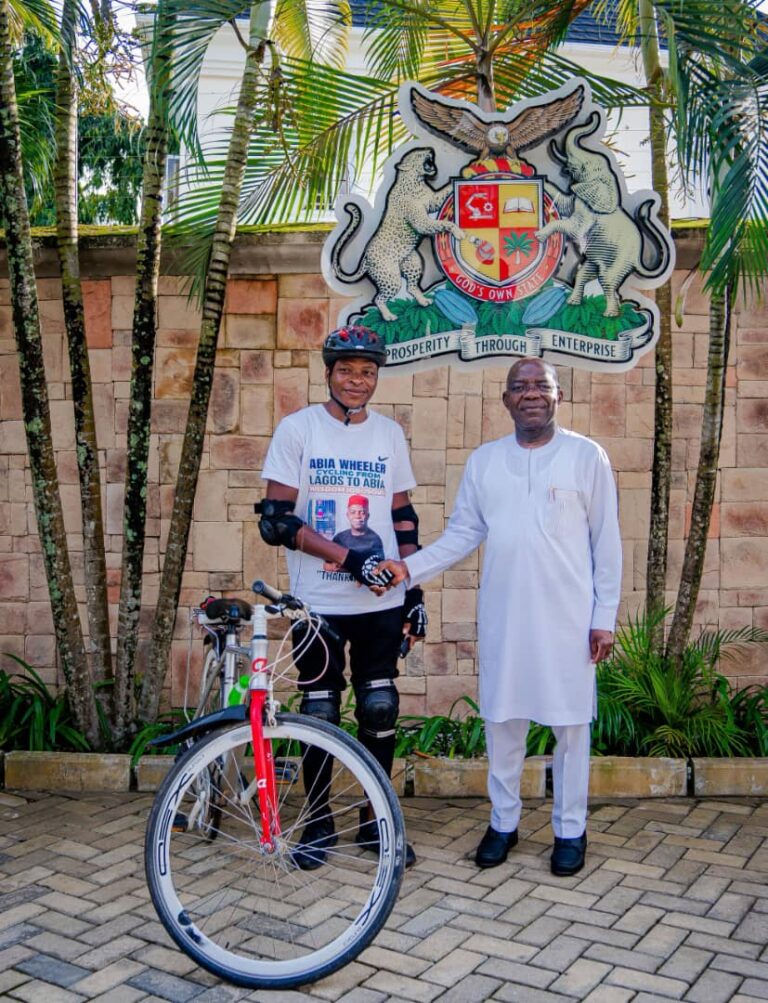
Monrovia – Prosecutors have launched a legal effort to overturn the recent ruling by the Monrovia City Magisterial Court that cleared Miss Liberia 1st Runner-Up, Kindness Wilson, of assault charges.
Prosecutors filed a motion seeking to rescind the October 27 decision rendered by Stipendiary Magistrate Ben Barco, who dismissed the case on grounds that the state had caused “unreasonable and unjustifiable delays” in prosecuting the matter.
The prosecution insists that the ruling was procedurally flawed and unfair, arguing that the court ignored evidence showing that the state had consistently pursued the case, requested multiple hearing dates, and was ready to conclude with its final witness — the medical doctor — on the same day the case was dismissed.
According to prosecutors, the case was never abandoned and had reached an advanced stage with five witnesses already testifying and several pieces of key evidence — including the slapping video, apology video, eyewitness testimonies, and a school disciplinary report — admitted or marked for admission.
Prosecution described the dismissal as “legally untenable” and “contrary to the facts on record, adding they have since filed a motion for relief from judgment and intend to exhaust all available legal remedies to have the dismissal overturned.
The lead prosecutor, Cllr. Yeakula-Korkpor said she does not litigate cases in the media and that prosecutors have taken advantage of the legal remedies available by filing a motion to rescind the judgment and intent to exhaust all remedies available.

Magistrate Barco, in his October 27 ruling, dismissed the simple assault and disorderly conduct charges against Wilson, holding that the prosecution failed to conclude its case within the time required under Rule Nine of the Rules Governing Magistrate and Traffic Courts, which mandates the disposition of misdemeanor cases within 30 days.
He said the state’s repeated failure to produce its final witness amounted to an “unreasonable and unjustifiable delay” that violated the defendant’s constitutional right to a speedy trial.
“The prosecution’s delay is unreasonable and unjustifiable, given the fact that they control all the instrumentalities of the state and should not be giving excuses to delay trial,” Magistrate Barco ruled. “The defense has a constitutional right to a speedy trial which must be protected at all costs.”

The ruling restored Wilson’s liberty, cleared her of all charges, and closed the case. Prosecutors immediately noted exceptions and announced an appeal to the First Judicial Circuit, Criminal Assizes “A” Court.
In their motion to rescind, prosecutors argue that the court’s conclusion of “delay” was based on an inaccurate reading of the trial record. They maintain that every postponement occurred with the court’s knowledge and consent, and that the delay in scheduling hearings was due to the court’s own crowded docket—not prosecutorial inaction.
Court clerks reportedly informed the magistrate that the prosecution had sought assignments several times before October 27 but were told that the court could not accommodate the case due to other pending matters.
“The court cannot benefit from its own wrong,” a section of the motion reads. “At no point was this case assigned and the prosecution failed to appear. The record is clear that the state was diligent and ready to proceed.”
The case originated from a viral video recorded in March 2024 showing Wilson slapping fellow student Jumel Cox during a confrontation on the campus of Stella Maris Polytechnic University. The footage sparked outrage on social media, prompting public debate about accountability and conduct among public figures.
Following the incident, the Miss Liberia Organizing Committee suspended Wilson pending the outcome of the case. The Ministry of Justice later charged her with simple assault and disorderly conduct, arguing that her actions violated the Penal Code and set a poor example for young Liberian women.
Wilson, represented by attorney Jeremiah Samuel Dugbou III, pleaded not guilty during her April 2 arraignment and was released on bond provided by Sky Insurance.
The case went to trial, and between April and October, five prosecution witnesses testified. Among them were the complainant Cox, the student who recorded the video, and two school administrators. Several pieces of evidence, including the controversial video and Wilson’s subsequent apology video, were marked and admitted.
The state was awaiting its final witness—the doctor who treated Cox—to take the stand when the court dismissed the case. Prosecutors maintain that the doctor had been properly notified and was present in court on the day the ruling was delivered.
Defense counsel Atty. Dugbou has welcomed the court’s decision, describing it as a “vindication of the rule of law.”
“My client was humiliated and unfairly judged in the public space for months,” Dugbou said. “This case dragged on for too long. The court’s ruling affirms that justice delayed is indeed justice denied, and the Constitution protects every citizen’s right to a speedy trial.”
However, prosecutors argue that the ruling sends the wrong message about accountability and procedural fairness. They maintain that the court’s decision undermines public confidence in the justice system, especially when the record shows that the state acted in good faith.










